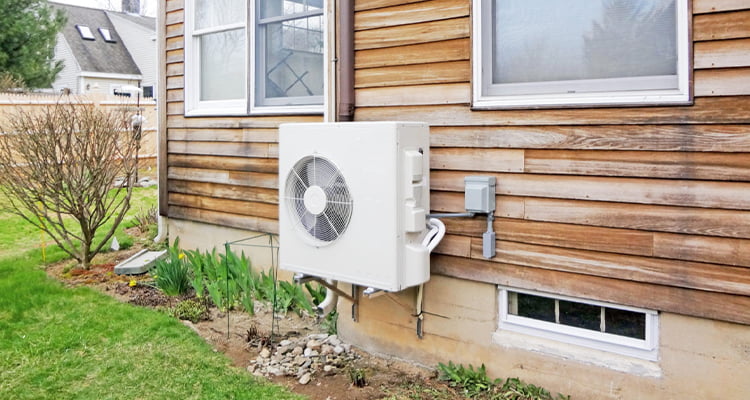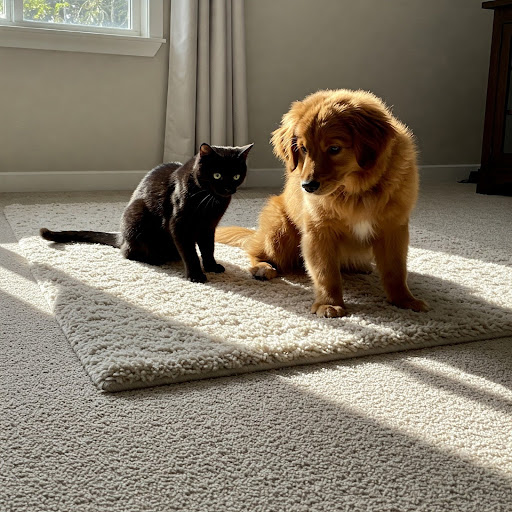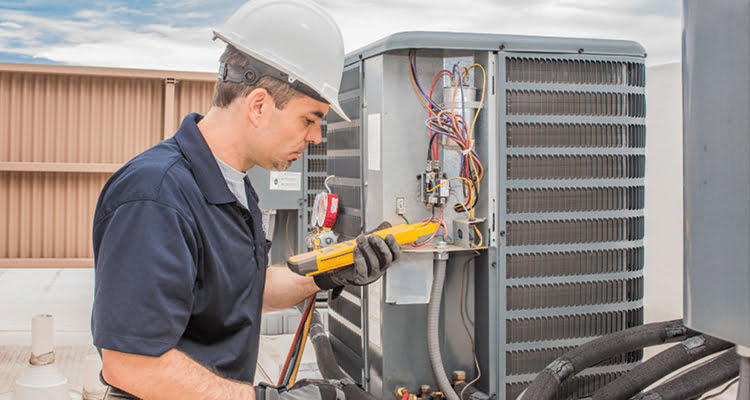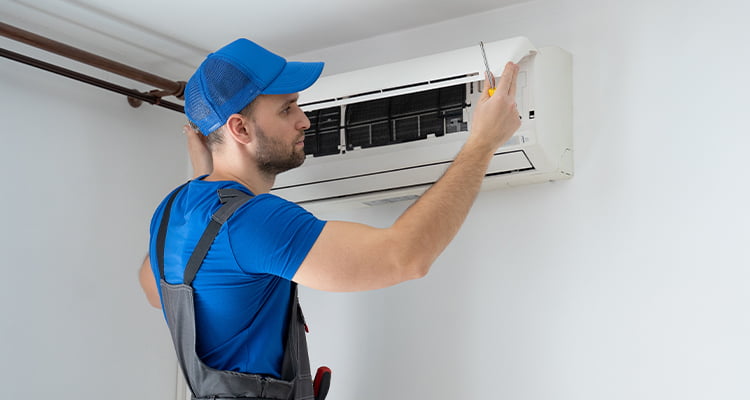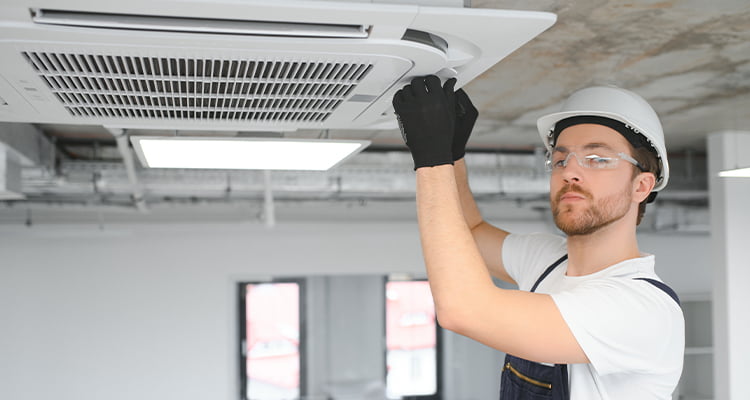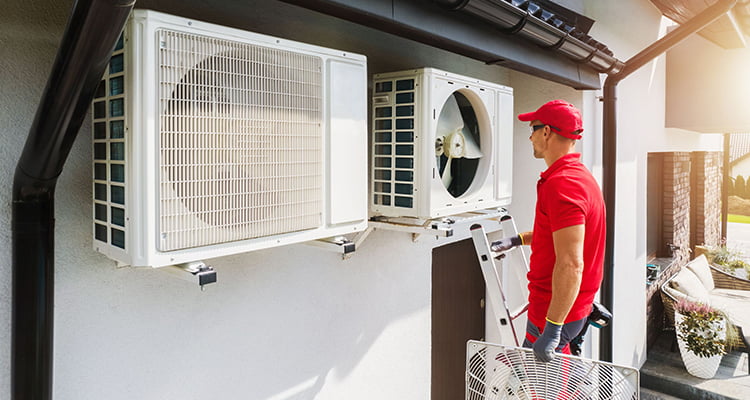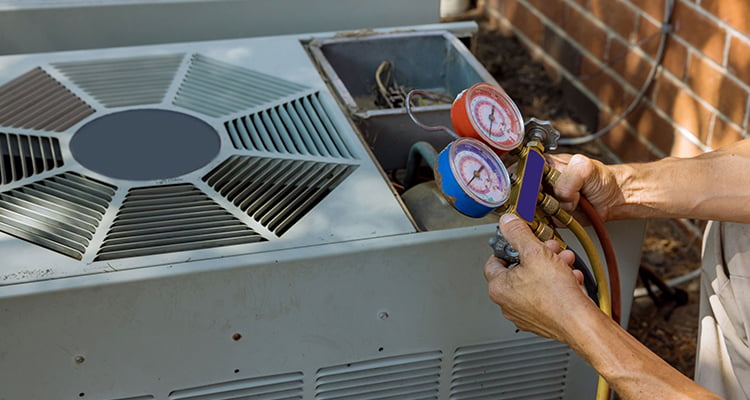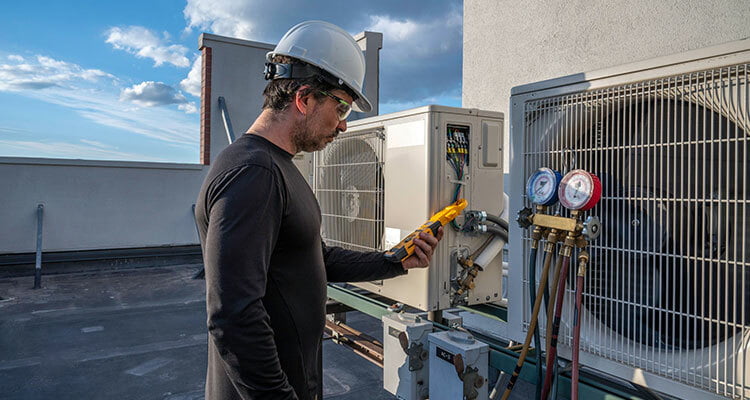When the summer heat is at its peak, the last thing you want is your air conditioner to break down. It’s frustrating, uncomfortable, and often costly. But did you know that a simple preventative maintenance plan can save you from this hassle?
Many homeowners and businesses overlook the importance of regular HVAC maintenance. They think it’s an unnecessary expense.
However, neglecting your HVAC system can lead to unexpected breakdowns, higher energy bills, and poor indoor air quality. HVAC companies offer preventative maintenance plans designed to keep your system running smoothly.
These plans provide numerous benefits that make them a wise investment. Let’s explore how these plans can save you money, enhance comfort, and extend the lifespan of your HVAC system.
The Importance Of Preventative Maintenance
Preventative maintenance is akin to regular check-ups at the doctor’s office. Just as we need to maintain our health to prevent future problems, HVAC systems require regular attention to function optimally.
Ensuring system efficiency is one of the primary benefits of preventative maintenance plans offered by HVAC companies. Regular tune-ups and inspections ensure your HVAC system runs at peak performance.
Here are some of the benefits that you can expect from maintenance plans offered by HVAC companies.
Financial Savings
Investing in a preventative maintenance plan may seem like an added expense, but it can save you money in the long run. A well-maintained HVAC system operates more efficiently, consuming less energy.
This efficiency translates to lower monthly utility bills. HVAC companies ensure that your system’s components are clean and functioning correctly.
Moreover, regular maintenance helps catch minor issues before they escalate into major repairs. Replacing a small part during a scheduled maintenance visit is far more cost-effective than dealing with a full system breakdown.
Enhancing Indoor Air Quality
Indoor air quality is crucial for health and comfort, especially for those with allergies or respiratory issues. One of the simplest yet most important aspects of preventative maintenance is regular filter replacement.
Clean filters trap dust, pollen, and other airborne particles, preventing them from circulating through your home. HVAC companies ensure that filters are replaced on schedule, maintaining high indoor air quality.
Dirty ductwork can harbour mould, bacteria, and other contaminants. Preventative maintenance plans typically include duct inspections and cleaning, ensuring that the air circulating in your home is clean and safe to breathe.
Peace Of Mind
Knowing that your HVAC system is well-maintained provides peace of mind. With a preventative maintenance plan, you don’t have to remember when your system needs servicing.
HVAC companies schedule regular visits, taking the guesswork out of maintenance. This proactive approach ensures that your system is always in top condition. Many HVAC companies offer priority service to customers with maintenance plans.
This means that if something does go wrong, you’ll receive prompt attention, minimizing any discomfort or inconvenience.
Environmental Benefits
An efficiently running HVAC system is not only good for your wallet but also for the environment. Energy-efficient systems consume less electricity, reducing your carbon footprint.
HVAC companies help ensure your system operates at maximum efficiency, contributing to a greener planet. During maintenance visits, HVAC technicians can properly dispose of old parts and refrigerants
This prevents harmful substances from entering the environment. This responsible disposal is a key component of many preventative maintenance plans.
Customizable Plans
Preventative maintenance plans are not one-size-fits-all. HVAC companies offer customizable plans tailored to your specific needs. Whether you’re a homeowner or a business owner, there’s a maintenance plan for you.
Residential plans focus on maintaining home comfort systems, while commercial plans ensure that larger, more complex systems operate efficiently. HVAC companies understand that everyone’s schedule is different.
Maintenance plans often offer flexible scheduling options, allowing you to choose the most convenient times for service visits.
Comprehensive Inspections
Preventative maintenance plans include comprehensive system inspections. These thorough check-ups cover all components of your HVAC system, ensuring nothing is overlooked.
Loose or faulty electrical connections can cause your system to malfunction. HVAC technicians check all connections during maintenance visits, preventing potential problems.
Additionally, a properly calibrated thermostat is essential for efficient system operation. Technicians inspect and adjust thermostat settings as part of regular maintenance, ensuring your system runs optimally.
Also, lubrication reduces friction in moving parts, preventing wear and tear. Regular maintenance includes lubricating these components, extending their lifespan and improving system efficiency.
Detailed Maintenance Reports
HVAC companies provide detailed maintenance reports after each visit. These reports outline the work performed, any issues found, and recommendations for future maintenance.
Transparent communication helps you understand the condition of your HVAC system and the work being done to maintain it. Detailed reports ensure you’re informed about your system’s health.
Maintenance reports also help you plan for future repairs or replacements. Knowing what to expect can prevent surprise expenses and allow you to budget accordingly.
Health Benefits
A well-maintained HVAC system contributes to a healthier living environment. Regular filter replacements and duct cleanings reduce allergens in your home. This can significantly improve the quality of life for allergy sufferers.
Mould thrives in dirty, damp environments. Preventative maintenance helps keep your system clean and dry, preventing mould growth that can cause health problems.
Hire Pro West Heating & Air Conditioning For HVAC Maintenance
At Pro West Heating & Air Conditioning, we pride ourselves on providing top-notch HVAC services tailored to your needs.
Our experienced team ensures your heating and cooling systems are always in peak condition, offering peace of mind and comfort year-round. For more information or to schedule a service, contact us today.

